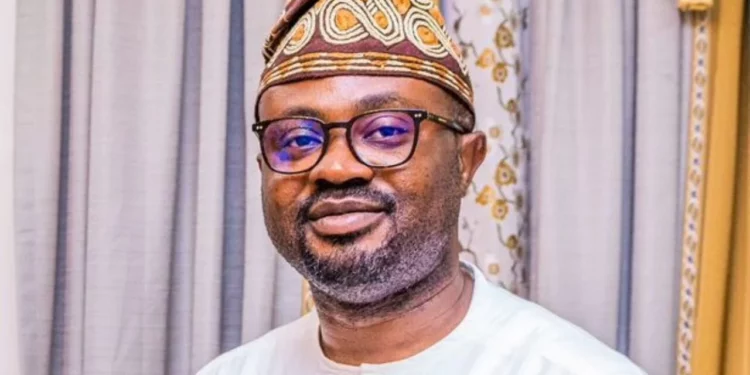Gom Mirian
The Federal Government of Nigeria has recently declared that the long-awaited implementation of an inclusive student loans scheme will finally begin during the 2023/2024 academic session. This announcement comes as a much-needed relief for students across the nation who have been grappling with escalating tuition fees and limited access to quality education.
The Students Loans scheme aims to provide financial assistance to deserving students who are unable to afford the increasingly burdensome cost of tertiary education. The program seeks to address the existing inequality in educational opportunities and ensure that no student is deprived of the chance to pursue higher education due to financial constraints.
Permanent Secretary, Federal Ministry of Education, David Adejo, disclosed this during a hearing with the House of Representatives Committee on Education on Tuesday.
Adejo said the establishment of a coordinating committee, chaired by the Chief of Staff to the President, Femi Gbajabiamila, with representatives from the Federal Budget Office, the Ministry of Education, the Ministry of Finance, and other agencies as members, according to him, is one of the modalities that President Bola Tinubu has directed be completed in order to start implementing the student loan program in September 2023.
He disputed claims that the Students Loan Act had led to price increases at numerous federal colleges and insisted that no federal university in the nation was permitted to charge students tuition.
“What they collect is charges to cover the cost of accommodation, ICT, and power, among others. It is the Governing Councils of the Universities that have the power to approve such charges for them. The only university that increased charges after the signing of the student loans act is the University of Lagos. They came to the Ministry with a proposal to Increase their charges because all Governing Councils were dissolved, and we gave them approval.
“Immediately that was done, there was a resolution from the House stopping the increase of fees and the President also gave a directive stopping any increase in fees and that is where it is, even though several others have brought their proposal. For example, we had to bail out Ahmadu Bello University, Zaria with about N1 billion to pay its electricity bill. The school just resumed academic sessions because they were in darkness.
“They were supposed to build theatres and we told them, you cannot build theatre when you are in the dark because you need power to operate,” he added.


